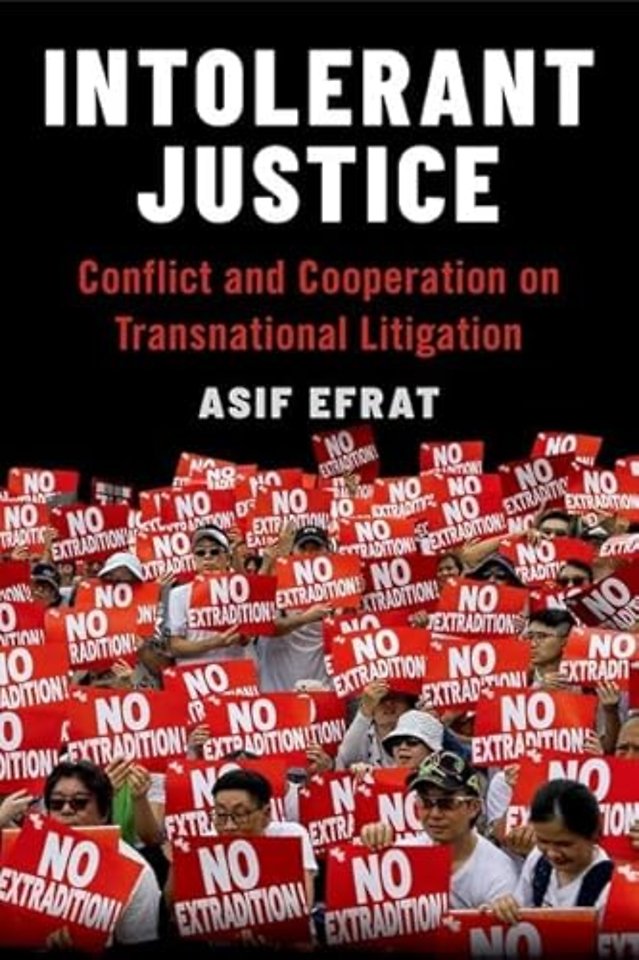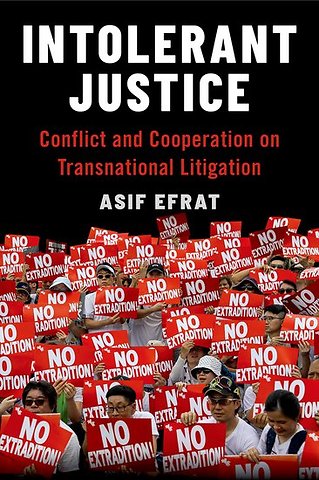Intolerant Justice
Conflict and Cooperation on Transnational Litigation
Samenvatting
In a globalized world, national legal systems often face dilemmas of international cooperation: Should our citizens stand trial in foreign courts that do not meet our standards? Should we extradite offenders to countries with a poor human rights record? Should we enforce rulings issued by foreign judges whose values are different from our own? Intolerant Justice argues that ethnocentrism—the human tendency to divide the world into superior in-groups and
inferior out-groups—fuels fear and mistrust of foreign justice and sparks domestic political controversies: while skeptics portray foreign legal systems as dangerous and threatening, others dismiss these concerns.
The book traces this dynamic in a range of fascinating cases, including the American hesitation to allow criminal trials of troops in the courts of NATO countries, the dilemma of extradition to China, and the European wariness toward U.S. civil judgments. Despite the growing role of law and courts in international politics, Intolerant Justice suggests that cooperation among legal systems often meets resistance and shows how this resistance can be overcome.
Specificaties
Inhoudsopgave
1. Introduction
2. Theorizing Cooperation on Transnational Litigation
Section II: Jurisdiction
3. Should American Troops Face Foreign Courts? Debating the NATO Status of Forces Agreement
4. Exercising Jurisdiction over "Bad Apples": Who Should Try ISIS Foreign Fighters?
Section III: Extradition
5. The Dilemma of Extradition to China
6. Extradition Reconsidered: The British Debate
Section IV: Enforcement of Foreign Judgments
7. Judgments, Jurisdiction, and Juries: Challenges to the Enforcement of U.S. Court Rulings in Europe
8. Balancing Free Speech and Reputation: A Cross-Atlantic Divide
Section V: Generalizing the Findings
9. A Quantitative Look at Cooperation on Litigation
10. Conclusions and Implications







